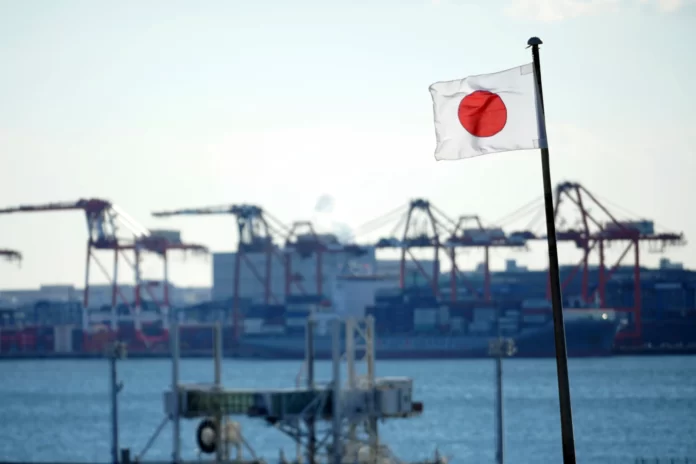Japan’s exports fell in May for the first time in eight months as automakers faced pressure from U.S. tariffs and a stronger yen.
Government data showed a 1.7% year-on-year drop in total exports to 8.1 trillion yen, following a 2% rise in April.
Exports to the U.S. declined 11.1%, the biggest monthly fall since February 2021, led by a 24.7% drop in automobile exports and a 19% fall in auto parts. The yen’s appreciation also helped lower the value of shipments.
In volume terms, however, automobile exports to the U.S. dipped just 3.9%, suggesting major carmakers are absorbing the tariff costs instead of passing them on to buyers.
Prime Minister Shigeru Ishiba said Japan failed to reach a comprehensive tariff agreement with the United States at the G7 summit in Canada, despite talks continuing until the last minute. Without a deal, Japan could face an additional 24% reciprocal tariff starting July 9.
The auto industry, which makes up a large share of Japan’s U.S. exports, is central to the impact. Japan exported about 21 trillion yen worth of goods to the U.S. last year, with automobiles accounting for roughly 28%.
Toyota said U.S. tariffs may have reduced profits by 180 billion yen in April and May. Honda estimated a 650 billion yen hit to earnings this year from tariffs in the U.S. and other markets.
The absence of price hikes by most automakers in the U.S. suggests firms are buying time amid uncertain trade talks. Only Subaru and Mitsubishi have increased prices so far.
Shares of carmakers have been under pressure this year, with auto and transport firms ranking among the weakest-performing sectors on the Tokyo market.
Japan’s May trade data offer early signs of the global impact of U.S. tariffs. Imports also dropped 7.7% in May, leading to a trade deficit of 637.6 billion yen. The tariff-related hit adds to existing weakness in the economy, which contracted in the first quarter due to slow private consumption.
The Bank of Japan held interest rates steady on Tuesday and said it would slow the pace of its balance sheet reduction in 2026, signalling a cautious approach amid external risks. If all U.S. tariff measures are implemented, Japanese exports to the U.S. could fall by 20% to 30%, potentially cutting up to 1 percentage point from Japan’s GDP.




